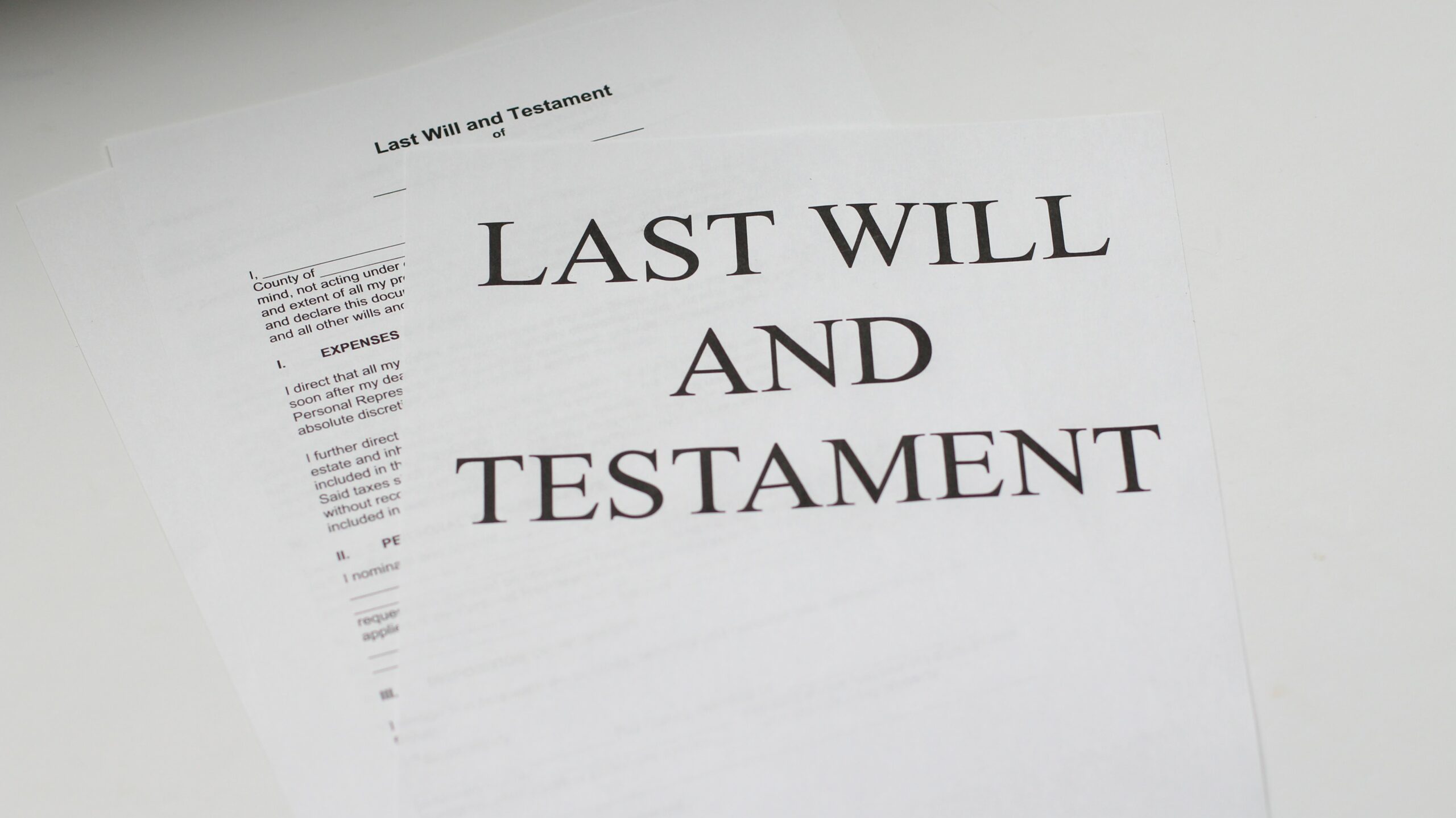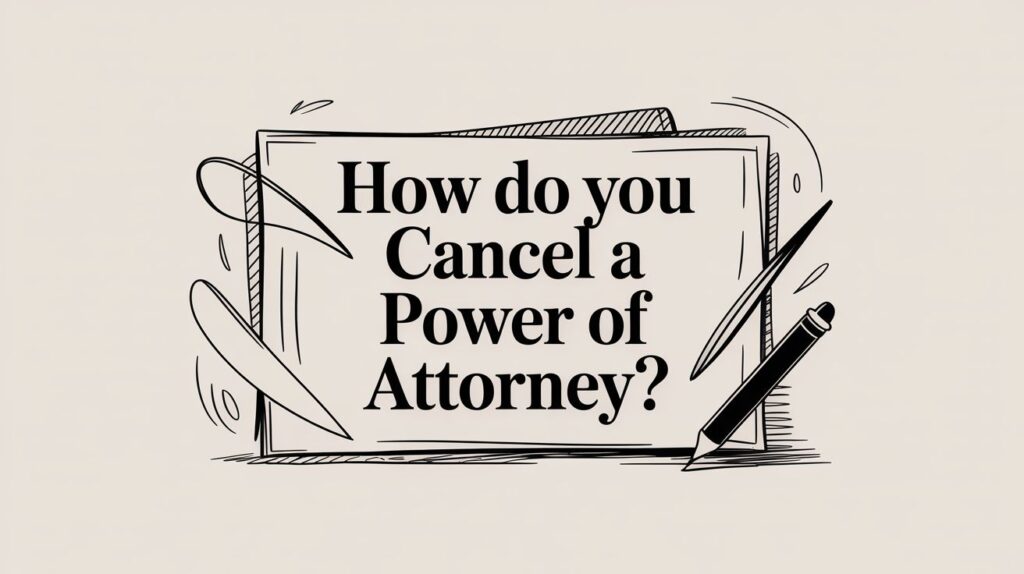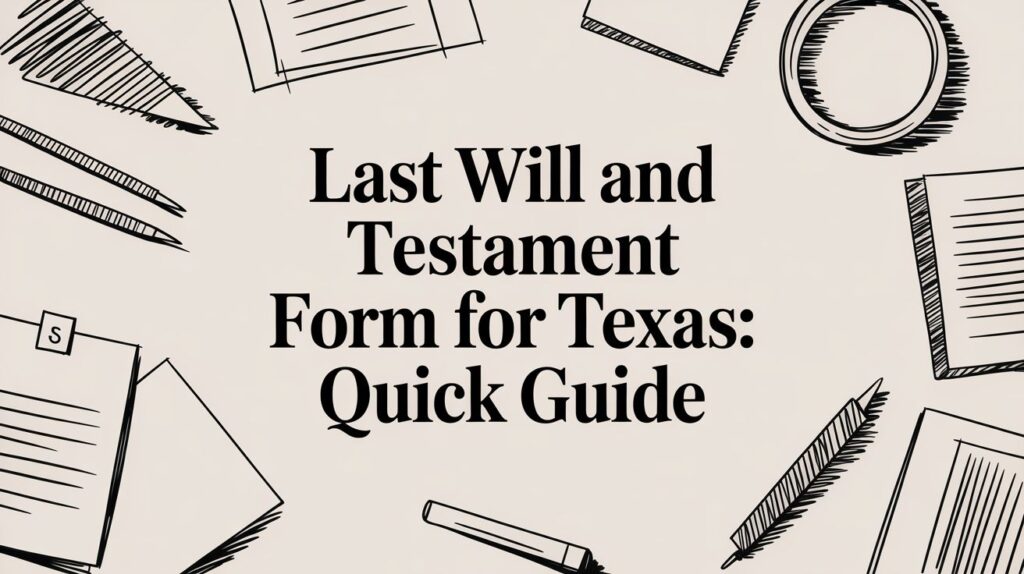Dealing with probate is already complicated, but what happens when a will beneficiary is deceased in a Texas probate county? The probate process involves multiple legal steps, but things become even more complex when a named beneficiary dies before receiving their inheritance. Texas probate law provides clear guidelines for these cases, ensuring that assets are distributed properly.
This guide explores how Texasprobate courts handle cases where a beneficiary has passed away, what happens to their inheritance, and how the estate is divided according to the law. Whether you’re an executor, an heir, or someone involved in probate, this information will help clarify what to expect.

What Happens When a Will Beneficiary Dies Before Inheriting?
When a will beneficiary dies before receiving their inheritance, the court must determine how their share should be distributed. The process depends on multiple factors, including the language of the will and Texas probate laws. Courts carefully examine the circumstances to ensure that assets are transferred according to legal guidelines while protecting the rights of remaining heirs.
Some key factors that influence the distribution of the deceased beneficiary’s inheritance include:
- Whether the will names an alternate beneficiary to receive the assets
- Texas probate laws governing the rights of deceased heirs and their descendants
- The type of asset and whether it has a transfer-on-death (TOD) designation for automatic transfer
- Whether the deceased beneficiary has surviving heirs who can inherit their share
- The presence of legal challenges, such as contested wills or disputes among family members
Each case is unique, and courts follow Texas state law to determine how the inheritance should be handled. If the will does not provide specific instructions, the court applies Texas intestacy laws to distribute the deceased beneficiary’s share accordingly. Seeking legal advice can help executors navigate these challenges and ensure compliance with all probate regulations while minimizing conflicts among heirs.
Key Texas Probate Laws on Deceased Beneficiaries
Texas has well-defined laws for handling a will beneficiary’s death before inheritance. Here are some essential probate rules that apply in these cases:
1. Texas Anti-Lapse Statute
Texas follows an anti-lapse statute that prevents an inheritance from becoming void when a beneficiary passes away. This rule applies mainly to direct descendants. If the deceased beneficiary was a child, grandchild, or another direct heir of the testator (the person who wrote the will), their share typically passes to their children.
For example, if John’s will leaves his estate to his two sons, Michael and Thomas, but Thomas dies before John, Thomas’s children inherit his share instead. This law prevents unintended redistribution and ensures the inheritance reaches the intended heirs.
2. Per Stirpes vs. Per Capita Distribution
The way an inheritance is distributed depends on whether the will specifies per stirpes or per capita distribution. This distinction significantly impacts how assets are passed down when a beneficiary is no longer alive.
Per Stirpes: The deceased beneficiary’s descendants inherit their share. In this case, if a beneficiary passes away, their children step into their place and receive the inheritance. This ensures that the intended family line still benefits from the estate.
Per Capita: The deceased beneficiary’s share is divided equally among the surviving beneficiaries. Instead of passing the inheritance down to the deceased beneficiary’s heirs, the estate is split among the remaining named beneficiaries.
If the will does not specify a distribution method, Texas probate courts usually apply the anti-lapse statute unless stated otherwise. This helps prevent unintentional disinheritance and ensures a fair distribution of the estate.
3. No Alternate Beneficiary Named
If a will does not name an alternate beneficiary, the deceased person’s inheritance may become part of the residuary estate. In this case, the assets fall into the general estate rather than going to a specific heir.
The residuary estate is then distributed to remaining beneficiaries as outlined in the will. If no will exists, Texas intestate succession laws determine inheritance distribution. This situation can create unexpected shifts in asset distribution, especially if the deceased beneficiary has no direct descendants.
How Texas Probate County Courts Handle a Deceased Beneficiary’s Inheritance
When a will beneficiary is deceased in a Texas probate county, courts follow a structured process to determine how to distribute the inheritance. The goal is to ensure fair allocation based on Texas law. The process includes:
1. Verifying the Beneficiary’s Death
Before redistributing assets, the court requires proof of the beneficiary’s death. The executor or heirs must submit a certified death certificate. The court verifies the date of death to determine whether the beneficiary passed away before or after the testator. If the beneficiary died before probate began, their inheritance is reassigned based on the will or state law.
2. Reviewing the Will
The court examines the will to determine:
- If an alternate beneficiary is named
- Whether per stirpes or per capita distribution applies
- Any special instructions regarding deceased beneficiaries
If the will provides clear instructions, the court follows them exactly. If it does not specify, Texas probate law dictates how assets are distributed.
3. Applying the Texas Anti-Lapse Statute
If the deceased beneficiary was a direct descendant of the testator, the anti-lapse statute applies, allowing their children or heirs to inherit the share. If the deceased beneficiary was not a direct heir, their portion may be redistributed among the remaining beneficiaries or handled under intestate succession laws. The court ensures assets go to the rightful heirs while following legal procedures.

4. Distributing the Assets
Once the court determines the proper course, the deceased beneficiary’s share is distributed accordingly. If the estate undergoes formal probate, the process may take several months. Executors and beneficiaries must remain patient while legal procedures and financial assessments are completed before assets transfer.
Real-Life Scenarios: How Texas Probate Courts Handle a Deceased Beneficiary’s Inheritance
To better understand how these laws apply, here are some examples of real cases where a will beneficiary passed away before inheriting:
Scenario 1: A Named Beneficiary Dies Before the Testator
John names his two sons, Michael and Thomas, as equal heirs. Before John passes away, Thomas dies unexpectedly. Since Thomas had children, the Texas anti-lapse statute allows them to inherit his share instead of redistributing it among other heirs. This ensures John’s original intentions remain intact.
Scenario 2: A Beneficiary Without Heirs Dies After the Testator
Mary’s will divides her estate among her three siblings. Robert, one of her siblings, dies after Mary but before receiving his inheritance. Since Robert has no children, his portion of the estate is redistributed among the surviving siblings. This prevents assets from being left without a clear recipient.
Scenario 3: No Backup Beneficiary Named
Linda names her best friend, Rebecca, as the sole beneficiary. However, Rebecca passes away before Linda, and the will does not list an alternate heir. In this case, Texas intestate succession laws apply, and Linda’s estate is distributed to her closest living relatives, such as siblings or nieces and nephews. Without clear will instructions, the state determines inheritance distribution.
What Executors Should Do If a Beneficiary Dies
If you are the executor of an estate and a beneficiary has passed away, it is essential to follow proper legal procedures to ensure a smooth probate process. The court must verify the beneficiary’s death and determine how their inheritance should be distributed. Taking the right steps can prevent unnecessary delays and disputes among remaining heirs.
- Obtain a Death Certificate: The court requires this official document to confirm the beneficiary’s passing before proceeding with any inheritance changes. Without a certified copy, the probate process may be delayed.
- Consult the Will: Review the will carefully to check whether an alternate beneficiary was named to receive the deceased beneficiary’s share. If a backup beneficiary is listed, the court will follow those instructions.
- Review Distribution Rules: Identify whether the will specifies per stirpes or per capita distribution, which determines whether the deceased beneficiary’s heirs inherit their share or if it is divided among surviving beneficiaries.
- Follow Probate Procedures: Work closely with the probate court to legally transfer assets and ensure the estate is distributed according to the will and Texas probate laws. Missing legal steps can lead to complications.
- Seek Legal Advice: If the will is unclear, consulting a Texas probate attorney can provide clarity and guidance. An experienced lawyer can help navigate complex situations, such as contested wills or conflicting claims from heirs.
Acting quickly and following legal protocols helps ensure probate proceedings run smoothly, avoiding unnecessary legal battles and financial setbacks for the estate. Being proactive in handling these matters can make a significant difference in resolving inheritance issues efficiently.

Final Thoughts: What Happens Next in Texas Probate Court?
When a will beneficiary is deceased in a Texas probate county, the estate remains valid, but its distribution follows state probate laws. The court ensures assets go to the deceased beneficiary’s heirs or are redistributed according to the will. The process aims to honor the testator’s wishes while applying legal guidelines that prevent disputes among surviving heirs.
Understanding how Texas probate courts handle these cases helps executors and heirs prepare for probate and avoid unnecessary conflicts. Navigating probate can be complex, especially when a named beneficiary has passed away. Whether you’re managing an estate or dealing with probate issues, seeking legal guidance can streamline the process and ensure compliance with Texas probate law. Having an experienced attorney can also help address any unexpected challenges that arise during estate administration.








